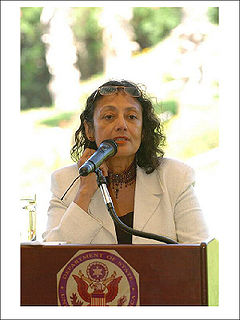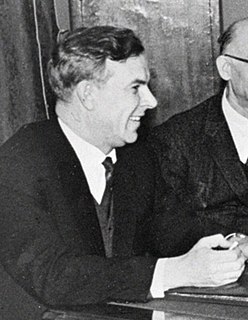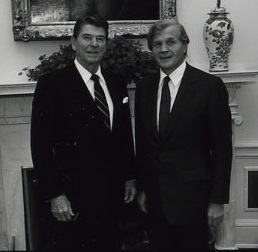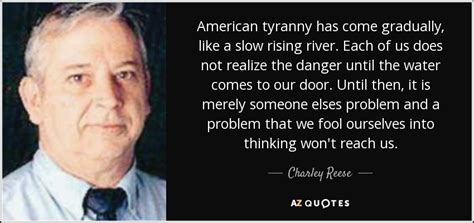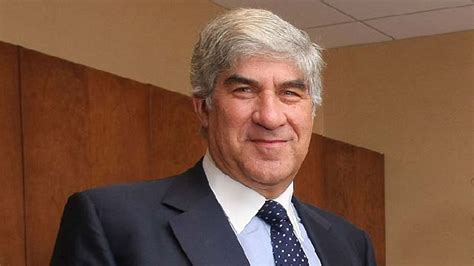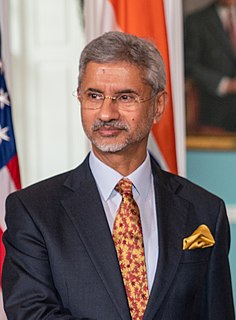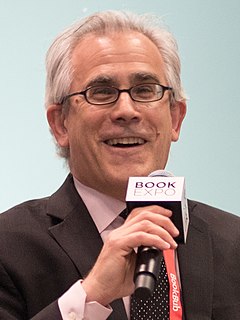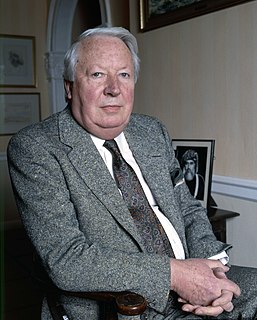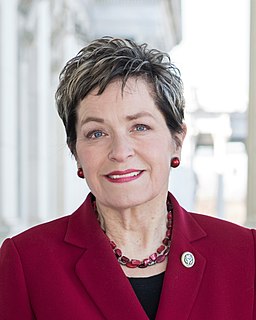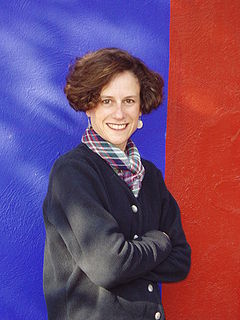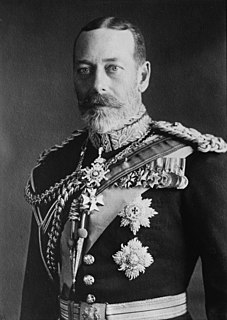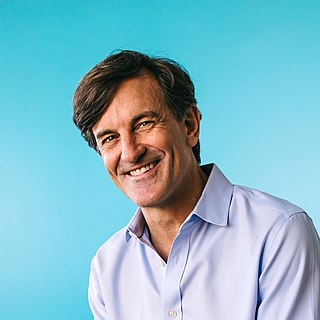Top 1200 Foreign Trade Quotes & Sayings - Page 2
Explore popular Foreign Trade quotes.
Last updated on November 19, 2024.
Foreign policy is about trying to deliver for them the best possible economic benefits, the chance to travel, to study, to work, the opportunity through trade to be able to sell their goods and services and as much peace and security so they can live and bring their kids up so they don't have to fear war.
We are already well down the road toward a managed-trade regime. It would be far better to acknowledge that reality, and seek a set of reasonable rules, than to pretend that Ricardian trade is the norm and allow mercantilist states to overwhelm U.S. industry and ratchet down wages, in the name of free trade.
Famine emerges from a lack of interlocal trade; when one locality's food crop fails, since there is virtually no trade with other localities, the bulk of the people starve. It is precisely the permeation of the free market throughout the world that has virtually ended this scourge of famine by permitting trade between areas.
There was an intervention of the foreign states in the Russian Far East, Archangel of the West border of Russia. The foreign troops were participating in the attempts to stamp out the revolution. It's not just propaganda, because there are mounds of documents in the archives relating to these events and to the foreign espionage cases.
The ocean is the grand vehicle of trade, and the uniter of distant nations. To us it is peculiarly kind, not only as it wafts into our ports the harvests of every climate, and renders our island the centre of traffic, but also as it secures us from foreign invasion by a sort of impregnable intrenchment.
The far more likely Trump scenario is this: Chinese leaders realize they no longer have a weak leader in the White House; China ceases its unfair trade practices. America's massive trade deficit with China comes peacefully and prosperously back into balance, and both the U.S. and Chinese economies benefit from trade.
The Transatlantic and Transpacific Trade and Investment Partnerships have nothing to do with free trade. 'Free trade' is used as a disguise to hide the power these agreements give to corporations to use lawsuits to overturn sovereign laws of nations that regulate pollution, food safety, GMOs, and minimum wages.
[Donald Trump] is talking a lot about redoing trade and that's the area that is getting globalists nervous. Number one, they want certainty. They do not want to see a disruption in trade. He's promising to rip up NAFTA, redo NAFTA. He's not going to do the Trans-Pacific Partnership, the TPP trade with Asia.
Hillary Clinton and her husband set up a private foundation called the Clinton Foundation. While she was secretary of state, the Clinton foundation accepted tens of millions of dollars from foreign governments and foreign donors. Now y'all need to know out there, this is basic stuff, foreign donors and certainly foreign governments cannot participate in the American political process.
If I were Donald Trump, I would definitely not pick Mitt Romney because it's very easy for Mitt Romney to have have a separate foreign policy operatus in the State Department that would run a dissenting foreign policy from the White House foreign policy. There, I think the populist America-first foreign policy of Donald Trump does run against a potential rival.
For sure, certain policies and positions that the party has had for 30 years are going to have to be rethought because [Donald] Trump does have a bit of a mandate when it comes to sort of thinking through trade and rebalancing our trade and how Republicans are going to sort of have a posture towards trade.
My experience with novice traders is that they trade three to five times too big. They are taking 5 to 10 percent risks on a trade when they should be taking 1 to 2 percent risks. The emotional burden of trading is substantial; on any given day, I could lose millions of dollars. If you personalize these losses, you can’t trade.
This is the problem with foreign policy - talking about foreign policy in a political context. Politics is binary. People win and lose elections. Legislation passes or doesn't pass. And in foreign policy often what you're doing is nuance and you're trying to prevent something worse from happening. It doesn't translate well into a political environment.
Actually, if you look at the essence of ISIS, how it came about, it's the product of foreign invasion. Foreign invasion in Iraq led to removal of Saddam Hussein, and we're not unhappy with that, but the point is that foreign presence in any territory has created dynamics. And you cannot avoid those dynamics.
The World Trade Organization is an organization that defends trade interests. I think the problem is less that they exist. The problem is that internationally we've only got an organization that protects trade interests. Surely we need some kind of counterweight to protect human rights and the environment, too.
Hillary Clinton's position on policy on markets and trade is very plain, which is we'll do trade deals but only if they meet three criteria, increase American jobs and wages and are they good for national security. If they are and if we can enforce them, then trade deals are okay. If not, we can't embrace them.










